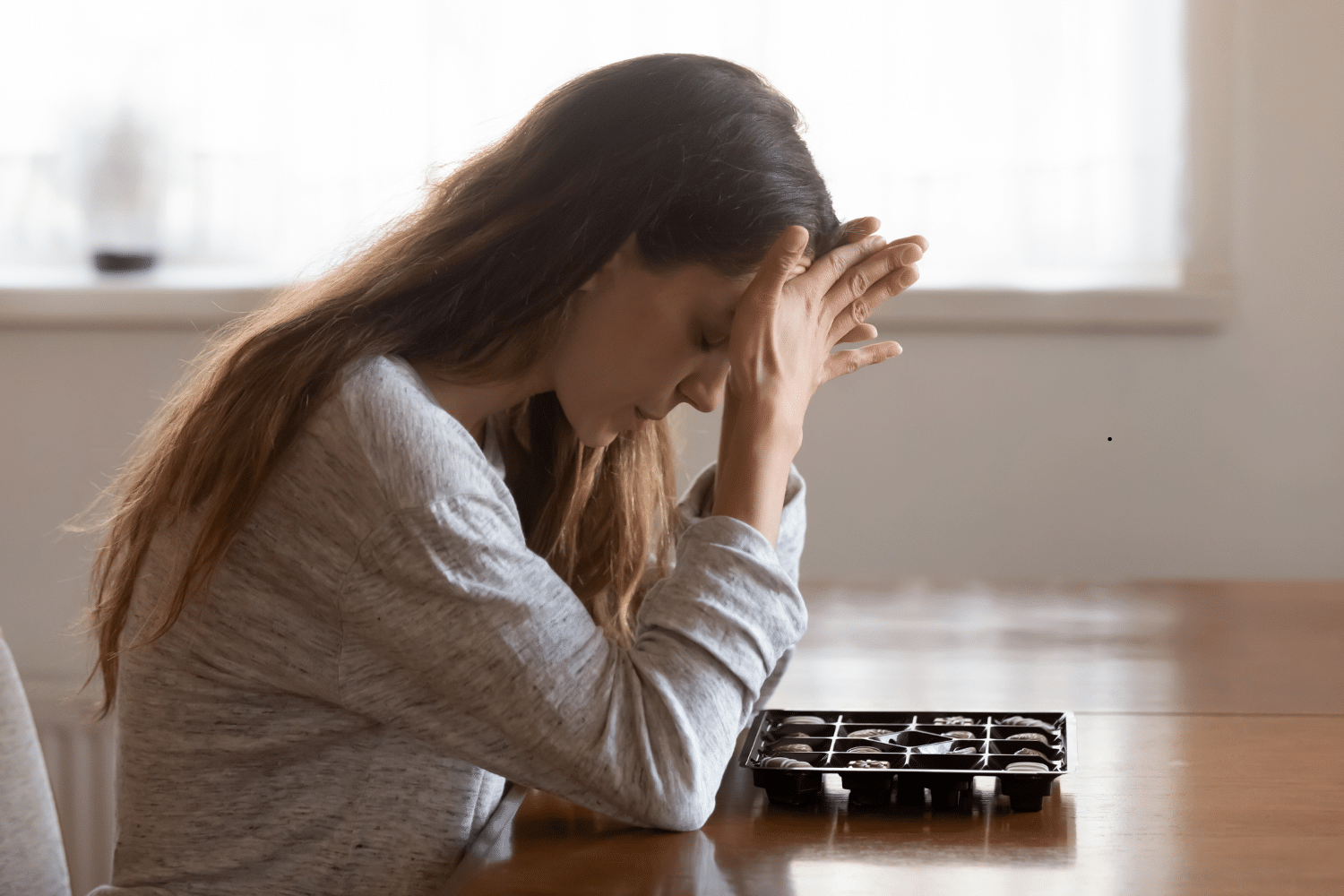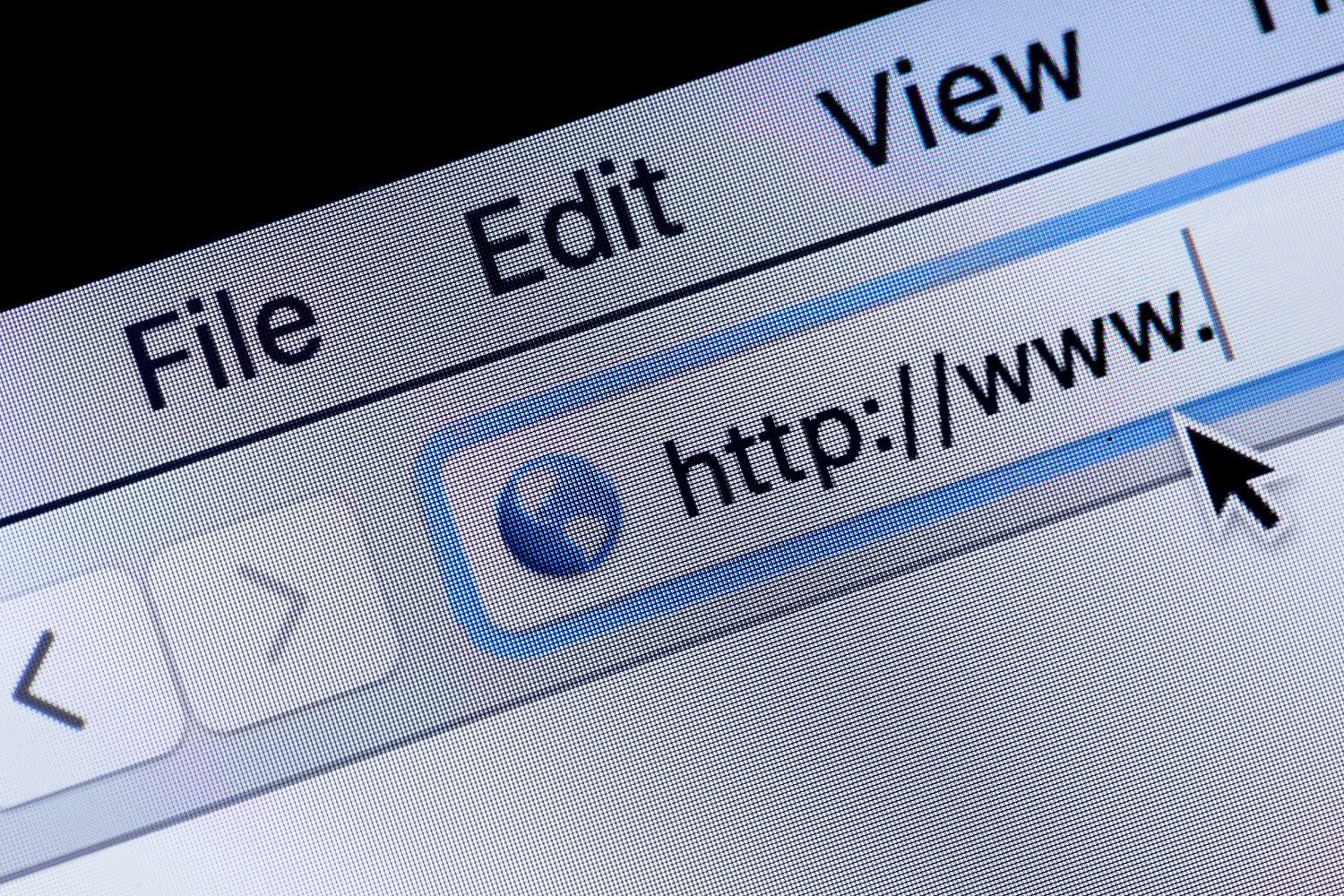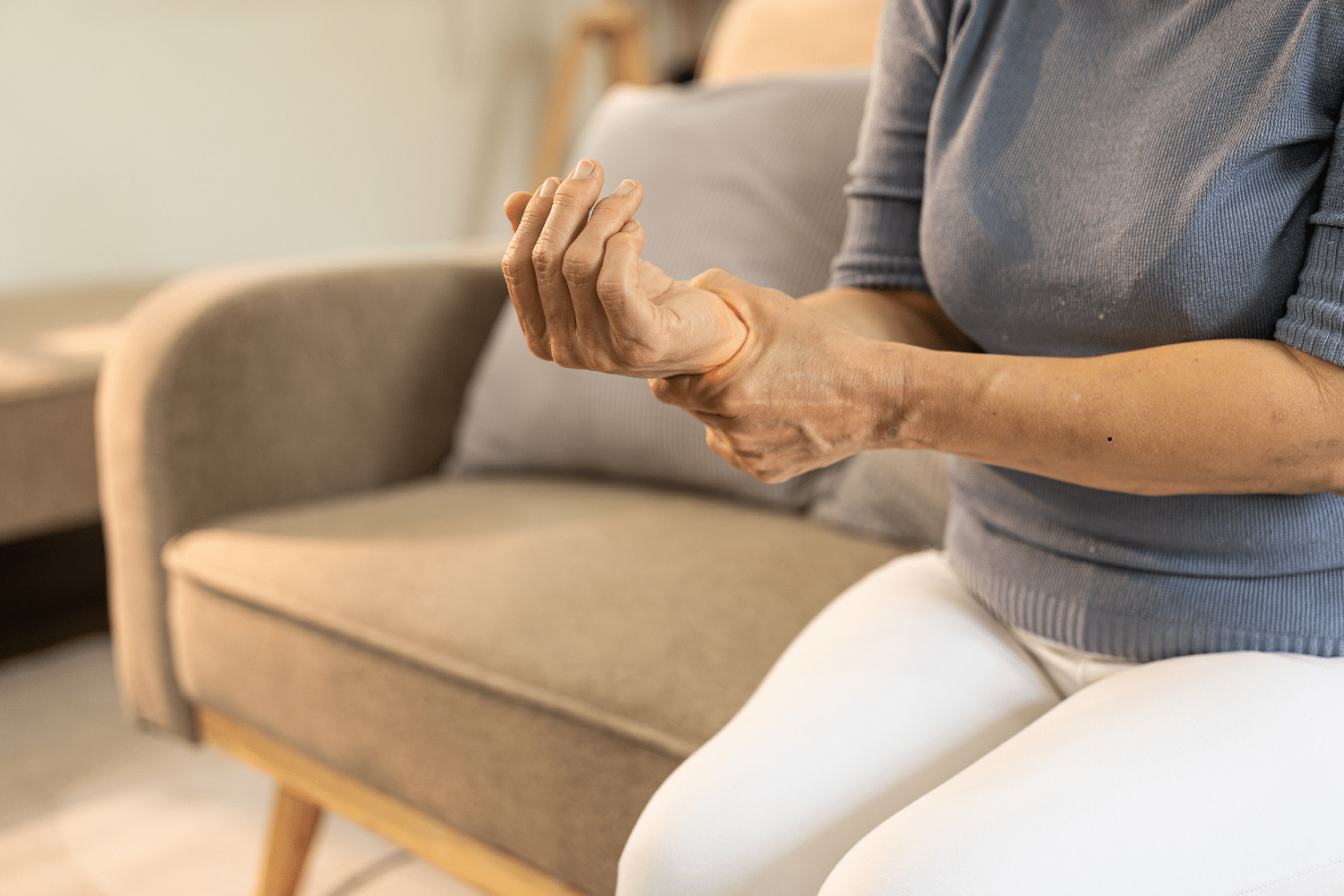Living as a minimalist focuses on reducing excess and prioritizing what’s essential. It simplifies life and brings clarity, reducing stress and enhancing well-being. This article will cover the core principles of minimalism and offer practical tips to help you start your minimalist journey.
Key Takeaways
- Minimalism encourages intentional living by prioritizing what truly matters, leading to deeper engagement with passions and relationships.
- Adopting a minimalist lifestyle can significantly reduce stress, increase mental clarity, and improve financial well-being by focusing on experiences over possessions.
- Starting small and practicing gratitude are key steps in maintaining a minimalist mindset, fostering a more organized and meaningful life.
Understanding Minimalism

Minimalism is about prioritizing things that bring meaning to your life. At its core, minimalism is about making intentional choices regarding what truly matters to you. Adopting a minimalist lifestyle encourages letting go of excess possessions and prioritizing quality over quantity, ensuring your belongings serve a clear purpose.
Embracing minimalism involves more than just decluttering your physical space. It is a holistic approach that forces improvements in almost all aspects of life, promoting a simple, united, and consistent way of living. Removing distractions allows for a focus on meaningful relationships and experiences, enabling deeper engagement with your passions and goals.
Benefits of a Minimalist Lifestyle

The benefits of a minimalist lifestyle are vast and varied. Research indicates that minimalism can lead to lower levels of stress and anxiety due to reduced clutter. Living with less not only declutters physical spaces but also promotes mental clarity and reduces stress, leading to a more intentional and fulfilling life.
Beyond mental clarity, minimalism can also result in more time and money. Owning fewer possessions frees up resources that can be directed toward meaningful pursuits. The positive impact of minimalism compounds over time, creating a cumulative effect that enhances your overall well-being.
Less Physical Clutter
One of the most immediate benefits of minimalism is the reduction of physical clutter. Owning fewer possessions helps open up space, clear surfaces, and create a more organized living environment. This not only reduces visual stress but also makes it easier to manage your home.
Adopting strategies like a capsule wardrobe can further streamline your life. A capsule wardrobe focuses on versatile, timeless clothing items that can be mixed and matched, simplifying your daily outfit choices and reducing the amount of excess stuff in your closet.
Enhanced Focus and Productivity
A decluttered environment allows your brain to focus better, thereby enhancing overall productivity. Limiting digital distractions and adopting practices like a capsule wardrobe can significantly reduce decision fatigue, improving focus and productivity.
Limiting the number of apps on your devices and reducing digital clutter can also contribute to a healthier life. Intentional digital engagement helps maintain a balanced life and enhances overall well-being.
Starting Your Minimalist Journey
Starting your minimalist journey requires self-reflection and evaluating your motivations for embracing minimalism. Understanding why you want to simplify your life will help you maintain commitment and trust yourself through the process.
Begin with small areas, like decluttering one drawer, to make the process feel manageable and help establish new habits over a 21-day period. This approach will prevent you from feeling overwhelmed and make the transition to minimalism more accessible.
Identify Your Priorities
Understanding what truly matters in your life can help guide your minimalist journey. Mindfulness helps individuals recognize their core values, guiding them in making intentional purchases.
Jotting down what you want out of life and why minimalism will help can clarify your motivations. As life circumstances change, it’s important to reassess what possessions and habits align with your current values and needs.
Start Small
Taking small steps, like decluttering one area at a time, can ease the transition to minimalism. Focusing on a single area helps maintain clarity and drive during the decluttering process. Beginning a minimalist lifestyle can feel daunting, but starting small makes it accessible. This approach prevents the overwhelming feeling of decluttering all at once and helps you create lasting habits.
Decluttering Strategies
Implementing effective decluttering strategies is essential in minimalist living. Choosing multi-functional items can reduce unnecessary possessions and create efficiency in daily living. When decluttering, consider options like selling items, giving them to friends or neighbors, or donating them to benefit others and gain satisfaction.
Decluttering is a continuous process that requires regular attention. By incorporating simple strategies into your routine, you can maintain a more intentional life and reduce excess possessions.
The One-In, One-Out Rule
The One-In, One-Out rule suggests that you should donate one item when buying a new one. This practice ensures that you don’t accumulate excess possessions and helps maintain a balance in your home.
Daily Decluttering Habits
Incorporating daily decluttering habits fosters a minimalist lifestyle by keeping spaces organized and manageable. Setting a timer for 10-15 minutes each day can help you tackle small areas of your home and prevent buildup.
Developing a habit of immediately putting items back in their designated places can significantly reduce overall clutter. Prioritizing decluttering tasks in your daily schedule ensures consistent upkeep and reduces overwhelm.
Embracing Minimalism at Home

A minimalist environment reduces visual stress, making space feel more space calming. Incorporating multi-functional items eliminates bulky items and reduces clutter.
Digitizing documents can also free up physical space and help declutter your home or office.
Simplify Your Living Space
Starting with furniture can significantly impact the simplicity of a room. Opt for high-quality, durable items that reduce the need for numerous possessions. Clear surfaces contribute to a minimalist aesthetic by reducing visual clutter.
Capsule Wardrobe
A capsule wardrobe is a collection of versatile, timeless clothing items that can be mixed and matched. This approach simplifies daily outfit decisions and reduces the amount of clothing you need, aligning with a minimalist lifestyle.
Digital Minimalism

Digital clutter can lead to overwhelm and requires intentional decluttering. Reducing digital clutter helps maintain intentional focus and supports a minimalist lifestyle. Managing screen time is essential to avoid digital overload and foster a balanced life.
A balanced approach to digital engagement promotes mental clarity and well-being. By being intentional with technology use, you can enhance your overall well-being and maintain a simpler life.
Organize Digital Files
Regularly cleaning out your inbox and digital files can significantly enhance productivity. Implementing consistent file naming conventions and regular cleaning techniques leads to a more efficient digital workspace.
Monitor Screen Time
To reduce screen time, install focus apps and program quiet modes. Additionally, turn off push notifications. These tools can help you stay focused and minimize distractions, leading to a more productive and balanced life.
Being intentional with your technology use leads to a more fulfilling and less distracted life. Regular reflection on how and when you use screens can foster mindfulness and reduce digital overload, enhancing overall well-being.
Financial Benefits of Minimalism
Minimalism encourages intentional spending, allowing individuals to focus their resources on what truly matters. This approach can lead to a significant reduction in impulse spending, helping individuals save more money. Spending less on non-essential items allows minimalists to redirect their finances toward meaningful pursuits.
Minimalists often find themselves living below their means, freeing up funds for savings and investments. Budgeting for minimalists helps avoid accumulating unnecessary stuff and maintains a clear financial focus.
Budgeting for a Simple Life
Intentional spending habits encourage thoughtful consideration before making purchases, leading to better financial decisions. Mindfulness practices help understand core values and prioritize spending, reducing impulse purchases.
Creating a straightforward budget can help individuals identify unnecessary expenses that they can eliminate. Choosing high-quality items over numerous lower-quality ones enhances both style and longevity, helping save money.
Investing in Experiences
Minimalists prioritize meaningful experiences to add joy to their life. By spending time and money on experiences rather than material possessions, you can create lasting memories and enhance overall happiness.
Building a Minimalist Mindset
The primary purpose of adopting minimalism is to live intentionally and invest time and energy in meaningful ways. Minimalism promotes simplicity and finding happiness in less. By reducing distractions, minimalism allows for more focus on the important things in life.
Sustaining a minimalist lifestyle requires consistent self-awareness and evaluation of one’s habits. The minimalist mindset shift encourages individuals to focus on owning less instead of frequently decluttering. Incorporating gratitude into your daily life fosters intentionality and appreciation for what you have.
Practicing Gratitude
Practicing gratitude enhances your awareness and appreciation of what you already possess. Gratitude practices foster a greater appreciation for current belongings, enhancing satisfaction. A regular gratitude practice can reduce the temptation to make unnecessary purchases.
Focusing on life’s positives helps maintain a minimalist mindset and find happiness in simple living.
Mindfulness Practices
Yoga, meditation, and deep breathing exercises are effective alternatives to impulse purchases for stress relief. These practices can help clarify personal goals and values for minimalism. Removing external clutter can lead to reduced emotional and mental clutter, stress, and anxiety.
Journaling or meditating can assist in clarifying personal goals for minimalism and maintaining a clear, focused mind.
Maintaining a Minimalist Lifestyle

Minimalism is not a one-time process; it requires ongoing effort to maintain the principles over time. Regularly scheduling decluttering sessions helps maintain a minimalist environment. Creating an uncluttered home can significantly reduce the amount of time spent on cleaning and chores.
Embracing minimalism helps create a consistent and intentional life adaptable to various changes, fostering a minimalist life. This approach helps reduce stress and maintain clarity in your living environment.
Regular Decluttering Sessions
Establishing a routine of daily decluttering can significantly enhance your ability to maintain a tidy and organized environment. Regular decluttering helps prevent the build-up of clutter and keeps spaces organized.
Involving family members in the decluttering process can foster a supportive environment. Taking before-and-after photos can motivate and provide a visual reminder of progress made in decluttering.
Adapting to Life Changes
Minimalism encourages reevaluating and letting go of not only possessions but also toxic relationships, leading to a more positive and supportive environment. Eliminating distractions through minimalism often brings clarity to pursue passions and redefine goals.
As life circumstances change, it’s important to reassess what possessions and habits align with your current values and needs. Embracing a minimalist lifestyle can enhance mental wellness by promoting a clutter-free environment, both physically and digitally.
Cultivating Meaningful Relationships
Minimalism focuses on experiences rather than material possessions, leading to greater overall happiness and fulfillment. Quality is emphasized over quantity in relationships, showing the importance of deep connections. Minimalists often use the money saved from reduced spending to invest in activities that create lasting memories.
Removing or reducing the time spent with unsupportive or negative relationships can lead to a more positive and supportive environment. Streamlining spaces helps in showing up for people who depend on you, positively impacting relationships.
Community Sharing
Community sharing fosters connection, reduces excess possessions, and improves relationships. Focusing on meaningful interactions strengthens relationships and enhances overall life satisfaction.
Engaging in meaningful activities with loved ones fosters deeper connections and enhances memories. To encourage friends and family to adopt minimalism, focus on your own belongings and showcase the benefits.
Quality Time with Loved Ones
Minimalism encourages individuals to shift their focus from accumulating material possessions to valuing experiences and the time spent with loved ones. Focusing on quality relationships can lead to increased happiness and fulfillment, as opposed to the temporary satisfaction provided by material goods.
Setting aside regular quality time for family and friends can strengthen relationships and create lasting memories. Evaluating personal values and making intentional choices around time spent with family can foster deeper connections and a more satisfying life.
Summary
In conclusion, embracing minimalism can lead to a more intentional, fulfilling life. By reducing physical and mental clutter, managing digital distractions, and focusing on meaningful relationships and experiences, you can create a simpler, more joyful life. Start small, identify your priorities, and maintain regular decluttering habits to sustain a minimalist lifestyle. Remember, the journey to minimalism is continuous and requires ongoing effort, but the rewards are well worth it.
Frequently Asked Questions
Minimalism is a lifestyle that emphasizes meaningful choices and intentional living, encouraging you to let go of excess and focus on what truly matters. Embrace this approach for a more fulfilling and enriched life!
Embracing minimalism can significantly reduce stress and enhance your focus, leading to a more intentional and fulfilling life. By simplifying, you’ll find more time and money for what truly matters!
Kickstart your minimalist journey by reflecting on your motivations and decluttering one small area at a time. Consistently maintain this habit to create a simpler, more fulfilling life!
Embracing minimalism can significantly improve your finances by promoting intentional spending and reducing impulse purchases, allowing you to focus your money on what truly matters. By prioritizing meaningful experiences over unnecessary possessions, you’ll find yourself in a healthier financial position.
Embracing minimalism enhances your relationships by prioritizing meaningful connections over superficial ones. Focus on creating lasting memories through quality interactions, and watch your relationships thrive!










